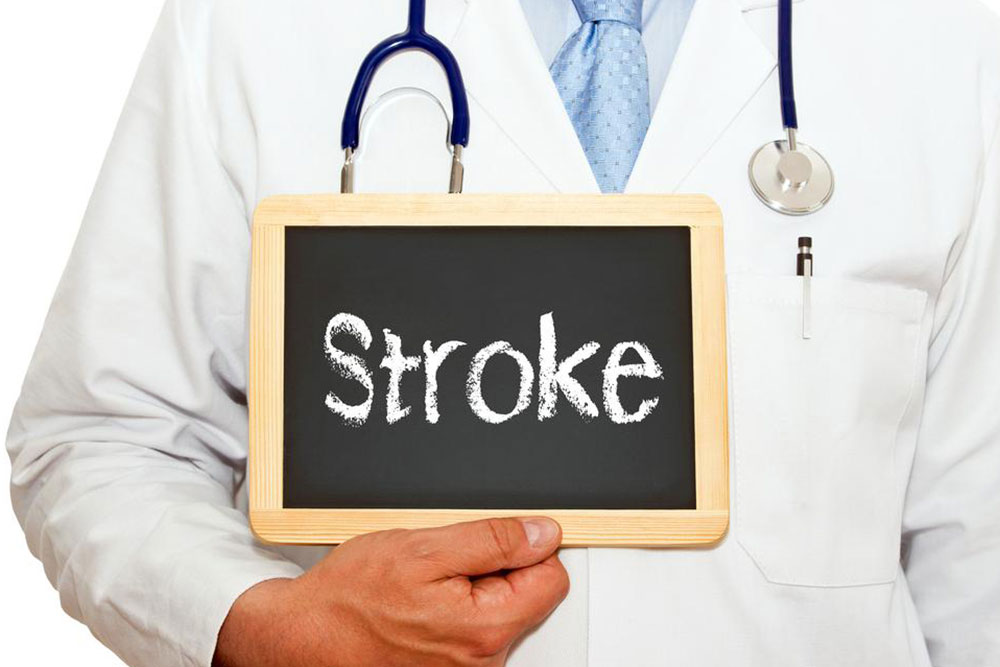Understanding and Managing Chronic Pain Effectively
Learn about chronic pain, its symptoms, causes, and proven management techniques. Discover effective strategies like meditation, exercise, and stress reduction to improve quality of life. The article emphasizes the importance of professional consultation for persistent pain issues.

Understanding and Managing Chronic Pain Effectively
Pain associated with aging or injuries is common, but it usually diminishes as recovery progresses. Conversely, chronic pain persists over time, causing significant discomfort and impacting quality of life. It can affect anyone and often requires targeted management strategies.
Let’s explore common symptoms, causes, and practical approaches to managing persistent pain.
Indicators of Chronic Pain
Symptoms vary widely — from mild discomfort to extreme suffering. Typical signs include:
Stiffness throughout the body
Persistent soreness in affected areas
Burning or throbbing sensations
Intense, stabbing pain
Chronic pain can also influence mood, decrease energy levels, disturb sleep, and lead to weight changes. It may cause irritability, anxiety, and a lack of motivation, making daily life challenging.
Common Causes of Chronic Pain
Over 1.5 billion people worldwide face chronic pain, which is a leading cause of disability. The causes vary from person to person, but common triggers include:
Lower back pain
Often dismissed as part of aging or casual injury, persistent lower back pain lasting over three months demands medical attention to prevent deterioration.
Cancer-related pain
Tumors can cause pain in bones and organs, and treatments may lead to nerve issues and numbness, contributing to ongoing discomfort.
Arthritis pain
Stress exacerbates arthritis, and simple remedies like hot or cold compresses can offer relief for chronic pain.
Effective Pain Relief Strategies
Here are helpful tips to ease chronic discomfort:
Meditation
Practicing meditation promotes relaxation in both mind and body, assisting in pain reduction and emotional stability.
Consistent Exercise
Regular activity enhances muscle strength and releases pain-relieving endorphins, while also improving overall health.
Stress Reduction
Managing stress through calming music, hobbies, or creative pursuits helps control pain by boosting positive hormones.










